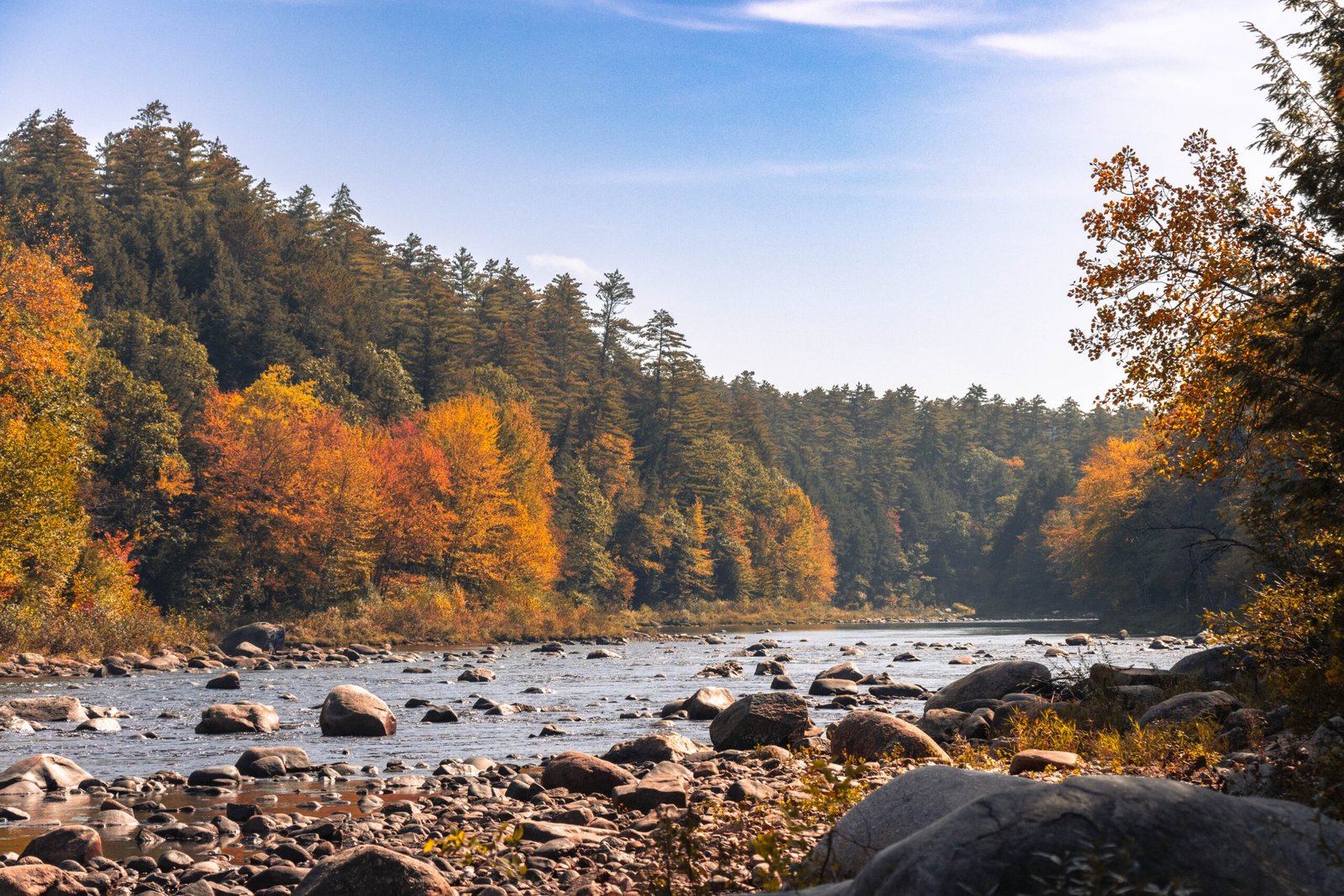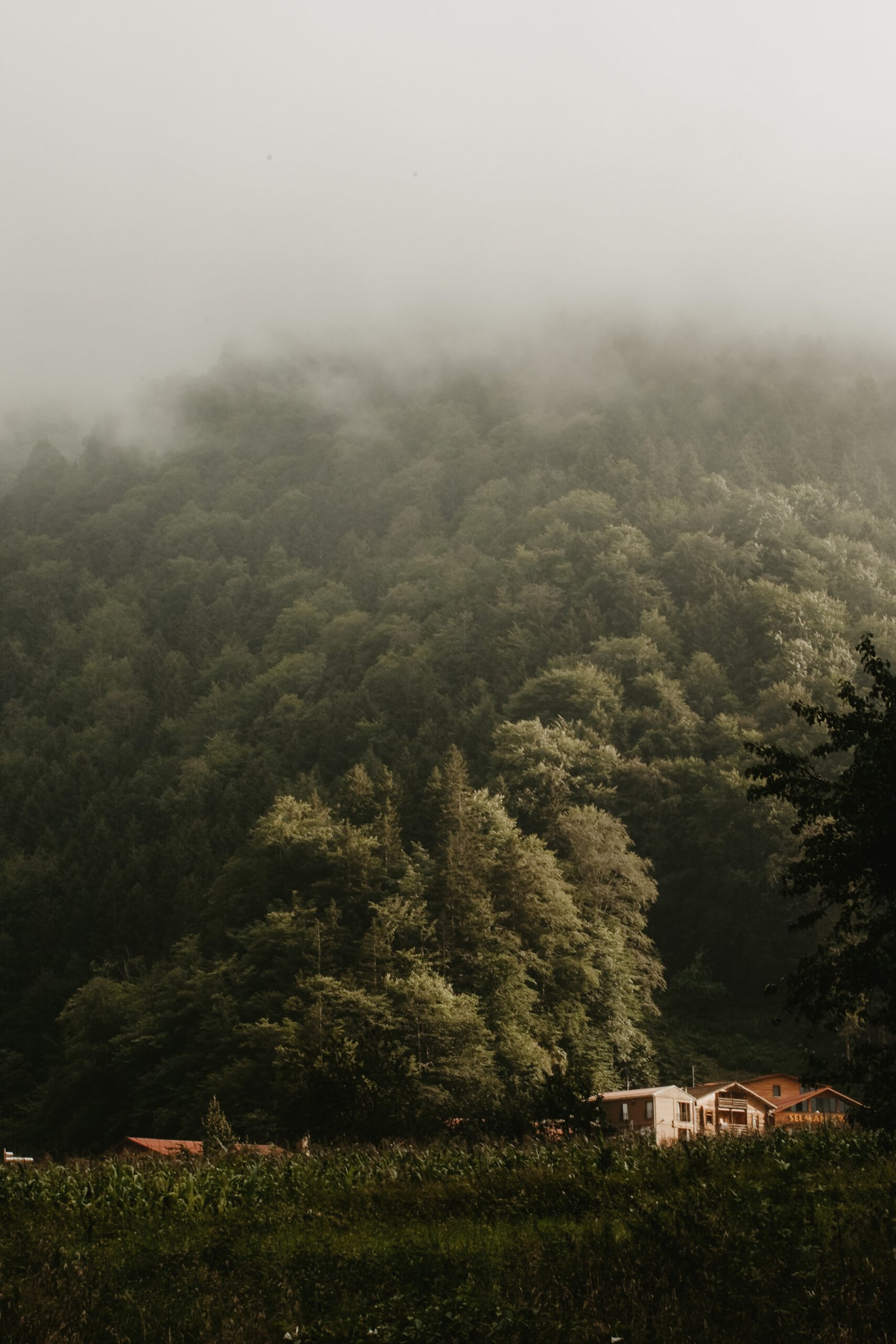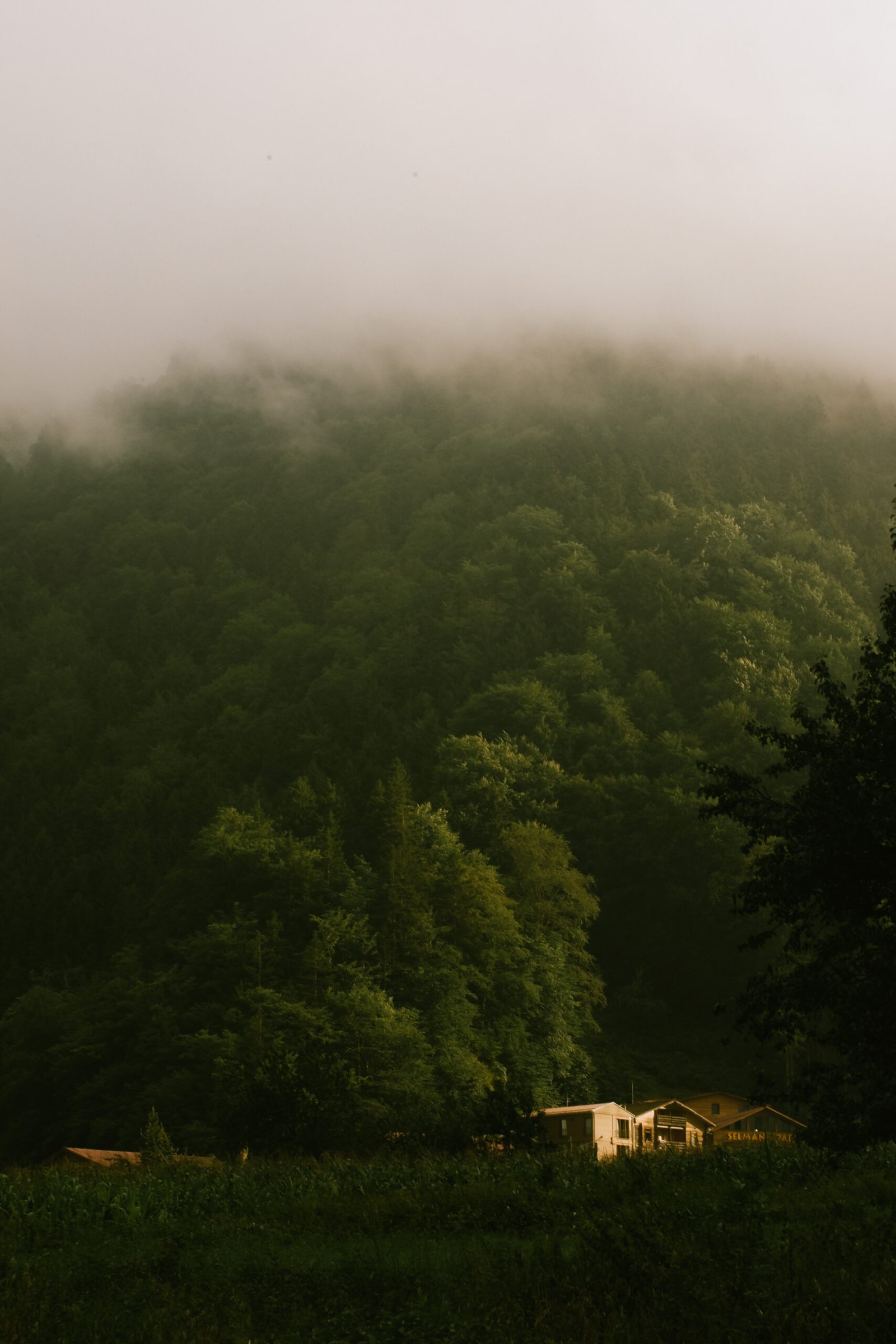
Mountain Village, Alaska
Imagine living in a place that feels like a world of its own, nestled deep in the snowy landscapes of Alaska. Mountain Village, Alaska is a hidden gem, surrounded by breathtaking mountains and an abundance of natural beauty. This small city offers a unique way of life, where the tight-knit community embraces tradition and relies on each other for support. With a population of just over a thousand, Mountain Village embodies the charm and serenity of a close-knit village, making it a captivating destination for adventure seekers and nature lovers alike.
Geography
Location
Mountain Village, Alaska is located in the western part of the state, near the banks of the Yukon River. It is situated about 470 miles west of Anchorage, the largest city in Alaska. The village is surrounded by breathtaking mountains and dense forests, offering residents and visitors stunning natural beauty at every turn.
Climate
The climate in Mountain Village is characterized by long, cold winters and short, mild summers. The average temperature during the winter months hovers around 0°F (-18°C), while summer temperatures typically range from 50°F (10°C) to 70°F (21°C). Snowfall is heavy during the winter, creating a picturesque winter wonderland. The village experiences a relatively low amount of rainfall throughout the year.
Population
Demographics
Mountain Village has a small and close-knit community, with a population of around 850 residents. The majority of the population is of Native Alaskan descent, primarily belonging to the Yup’ik Eskimo community. The village takes pride in preserving its indigenous heritage and traditions, which are deeply ingrained in the daily lives of its residents.
Trends
Like many other rural Alaskan communities, Mountain Village has experienced a steady decline in population in recent years. Younger generations often leave in search of educational and employment opportunities in larger cities. However, efforts are being made to revitalize the community and encourage young people to stay and contribute to the village’s growth and development.

History
Indigenous Settlement
Mountain Village has a rich indigenous history that dates back thousands of years. The area was originally inhabited by Yup’ik Eskimos, who relied on hunting, fishing, and gathering for their sustenance. These early settlers established a close relationship with the land and developed a deep understanding of its resources.
Russian and American Influences
In the 19th century, the arrival of Russian and American explorers and traders greatly impacted Mountain Village and the surrounding region. Russian fur traders established trading posts, introducing new goods and technologies to the indigenous population. The United States purchased Alaska from Russia in 1867, and American influence grew stronger. This period brought significant changes in the village, including the introduction of modern amenities and the establishment of schools.
Modern Developments
In more recent years, Mountain Village has seen the construction of new infrastructure, including improved housing, schools, and healthcare facilities. These developments have aimed to enhance the quality of life for residents and provide better access to essential services. However, the village remains dedicated to preserving its cultural heritage amidst modernization.
Culture
Traditional Customs
The culture of Mountain Village is deeply rooted in traditional Yup’ik Eskimo customs and practices. The villagers maintain a reverence for the land and the natural world, following traditional subsistence activities such as hunting, fishing, and gathering. Traditional ceremonies, such as the Yup’ik drum dance, are still performed to celebrate important milestones and events in the community.
Language
The Yup’ik language is the primary language spoken in Mountain Village. It is an Eskimo-Aleut language that has been passed down through generations and plays a vital role in preserving cultural identity. Efforts have been made to teach Yup’ik language and customs in local schools, ensuring the next generation carries forward the rich linguistic and cultural heritage of the village.
Art and Music
Art and music are integral parts of the Mountain Village community. The village is known for its exquisite craftsmanship, with artisans creating beautiful traditional carvings, woven baskets, and beadwork. These artistic expressions often depict scenes from nature and reflect the close relationship between the Yup’ik people and their surroundings. Music also holds a special place in village life, with drumming and singing being prominent features of celebrations and gatherings.

Economy
Subsistence Activities
Subsistence activities form the backbone of the economy in Mountain Village. Hunting, fishing, and gathering provide essential sustenance for the community, as well as a source of cultural pride and traditions. Residents have a deep knowledge of local ecosystems and seasons, allowing them to sustainably harvest resources from the land and rivers.
Commercial Ventures
In recent years, Mountain Village has explored commercial ventures to diversify its economy. Small businesses, such as local stores and service providers, have emerged to meet the needs of the community. Additionally, some residents engage in arts and crafts production, selling their creations to tourists and collectors.
Tourism
While Mountain Village is not a major tourist destination, the village has started to attract visitors interested in experiencing authentic Alaskan culture and exploring the region’s natural beauty. Ecotourism opportunities, including fishing trips and cultural exchanges, provide a sustainable source of income for villagers and promote cross-cultural understanding.
Infrastructure
Transportation
Mountain Village is primarily accessible by air and water. The village has a small airport that connects it to larger cities in the region, providing essential transportation for residents and goods. During the summer months, the Yukon River serves as another mode of transportation, with boats and barges bringing supplies and connecting the village to neighboring communities.
Healthcare Facilities
The health and well-being of residents are supported by a health clinic in Mountain Village. The clinic offers essential medical services and access to healthcare professionals. However, the village faces challenges in providing comprehensive care due to its remote location and limited resources.
Education
Mountain Village is proud of its commitment to education. The village has a school that provides education from kindergarten to twelfth grade, offering a blend of Western education and culturally relevant curriculum. Educators work to integrate indigenous knowledge and traditions into the classroom, fostering a sense of pride and ensuring the preservation of Yup’ik culture for future generations.

Recreation
Outdoor Activities
The stunning natural surroundings of Mountain Village offer a wide range of outdoor recreational activities. Hunting and fishing are popular pastimes, allowing residents to utilize their ancestral knowledge and connect with nature. The village’s location near the mountains also provides opportunities for hiking, camping, and wildlife viewing.
Annual Events
Mountain Village celebrates a variety of annual events that showcase its cultural heritage. One of the most significant events is the Yuuyaraq, or the Cup’ik Culture Camp, where community members come together to share traditional knowledge, practice subsistence activities, and celebrate their heritage. The Cup’ik Eskimo Olympics is another highlight, featuring traditional sports and games that test skills and athleticism.
Challenges and Issues
Limited Access to Resources
The remoteness of Mountain Village presents challenges in accessing essential resources and services. Limited transportation options and a lack of infrastructure make it difficult to obtain goods and access specialized healthcare. However, the village has been working on addressing these issues through collaborative efforts.
Environmental Concerns
Mountain Village faces environmental concerns, including the effects of climate change and the erosion of riverbanks. The warming climate has led to changes in hunting and fishing patterns, affecting food security and impacting the traditional way of life. The community is actively involved in environmental conservation efforts to mitigate these challenges and protect their natural surroundings.
Healthcare and Education Gaps
Like many rural communities, Mountain Village faces gaps in healthcare and education services. Limited access to specialized care and a shortage of educational resources can hinder the well-being and future opportunities of residents. Increased support, funding, and collaboration are needed to bridge these gaps and ensure all members of the community have access to quality healthcare and education.
Community Organizations
Village Council
The Mountain Village Council plays a significant role in governing and representing the community. Comprised of elected members, the council addresses local concerns, makes decisions on important matters, and advocates for the needs and interests of the village. The council works collaboratively with community members and organizations to ensure the overall well-being of Mountain Village.
Non-profit Organizations
Several non-profit organizations operate in Mountain Village, lending support and resources to address various issues facing the community. These organizations aim to improve healthcare, promote education, and preserve cultural heritage. They work in close partnership with residents and government entities to initiate positive change and uplift the community.
Community Initiatives
Mountain Village fosters a strong sense of community through various local initiatives. These initiatives involve volunteers and community members coming together to address specific needs or improve aspects of village life. Examples of community initiatives include clean-up events, cultural preservation activities, and collaborative projects focused on sustainable development.
Future Outlook
Sustainable Development
The future of Mountain Village lies in sustainable development that balances modernity with the preservation of cultural heritage. Efforts are being made to promote economic opportunities that are environmentally conscious, culturally sensitive, and inclusive. Embracing sustainable practices and technologies will ensure long-term viability while respecting the land and traditions.
Improved Services
Addressing the challenges in access to resources, healthcare, and education is a priority for Mountain Village. Continued collaboration with government agencies, non-profit organizations, and community members will facilitate the development of improved services. Investments in infrastructure, capacity-building programs, and innovative solutions will help enhance the quality of life for residents.
Preserving Cultural Heritage
Preserving and celebrating the rich cultural heritage of Mountain Village is a cornerstone of the community’s future outlook. The village aims to ensure indigenous customs, language, and practices are passed down through generations. Efforts to integrate cultural knowledge into education, promote traditional arts, and provide opportunities for cultural exchange will help preserve the unique identity of Mountain Village.
